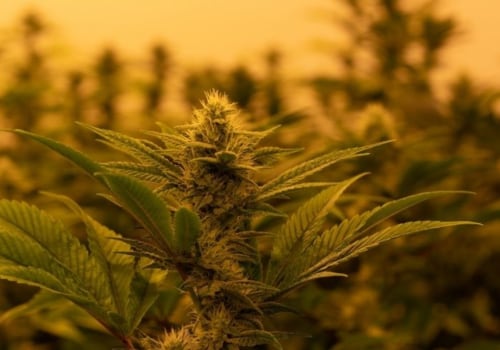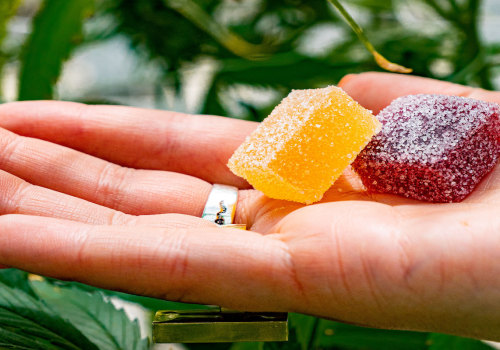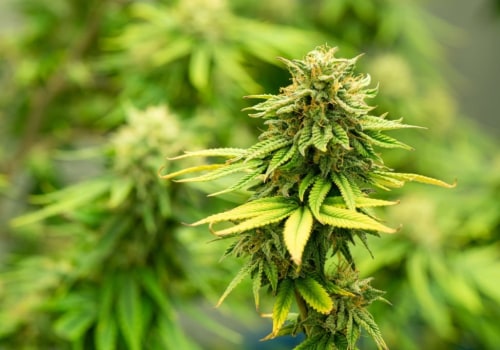The hemp industry is quickly becoming a very attractive investment opportunity, with companies such as Altria Group, Inc. leading the way. Many farmers are finding that growing hemp is more profitable than other crops in this new environment. Today, growers are finding that even a poor hemp crop is more valuable than a healthy tobacco crop due to the high demand for CBD.
Hemp oil is not only sought after for medicinal and recreational purposes, but it is also incredibly useful in the production of items such as cars, construction materials, textiles, and even furniture. Hemp is derived from cannabis sativa, the plant that produces marijuana.
HEMP
has low levels of THC, the chemical compound that gives marijuana its psychoactive effects, but is high in CBD, a chemical compound believed to have many medicinal benefits. For those who believe in the potential of hemp but don't have the time to research individual companies, ETFs or indices may be the best option. As hemp has been banned in many states for decades, farmers must purchase seeds from sellers in other states. If you believe in the future of hemp but don't want to pick individual stocks, then you may want to look into a cannabis index or exchange-traded fund (ETF).All that said, and taking into account the potential “Amazon effect”, if cannabis legalization occurs soon, it's easy to see that a fully legalized hemp industry working together with a federally legal cannabis industry will undoubtedly increase profits. Ancillary hemp companies are “behind the scenes” and are not usually as volatile as stocks directly involved in the hemp industry. One of the main issues currently facing the hemp industry is its poor logistics, an area where Amazon excels. Greater investment and support from Amazon could help solve many of the logistical problems this young sector has been experiencing recently. However, cannabis isn't the only industry that has taken note of Amazon's announcement; hemp (which is much less controversial and currently much more legal than cannabis) has also been closely following the campaign for legalization. While interest in a new emerging market is usually cause for celebration, something strange happened in the world of hemp shortly after the United States announced its full federal legalization.
This was a problem for two reasons: firstly and most obviously supply had clearly outpaced demand; secondly, due to the relative immaturity of manufacturing logistics and supply chains, the industry simply couldn't ship hemp to its consumers quickly enough. Many of the first investors who jumped on the wave of interest in the hemp industry assumed it would be easy to invest and make a quick buck, but this wasn't the case. Right away, farmers like Garrison faced steep learning curves due to a lack of knowledge about the plant, high initial costs, and an immature processing industry needed to bring crops to retail stores. A crucial consideration for potential investors to address is which segment of the hemp industry they want to invest their money in. Garrison said that on average yields are around 750 pounds of hemp per acre; however this number can vary greatly depending on how much of the crop reaches maturity. As such, Garrison said eight out of this year's 20 acres of hemp will end up being wasted and turned into hay. Although demand for hemp has never been higher, analysts are still struggling to find an appropriate price-benefit ratio for these new businesses.










